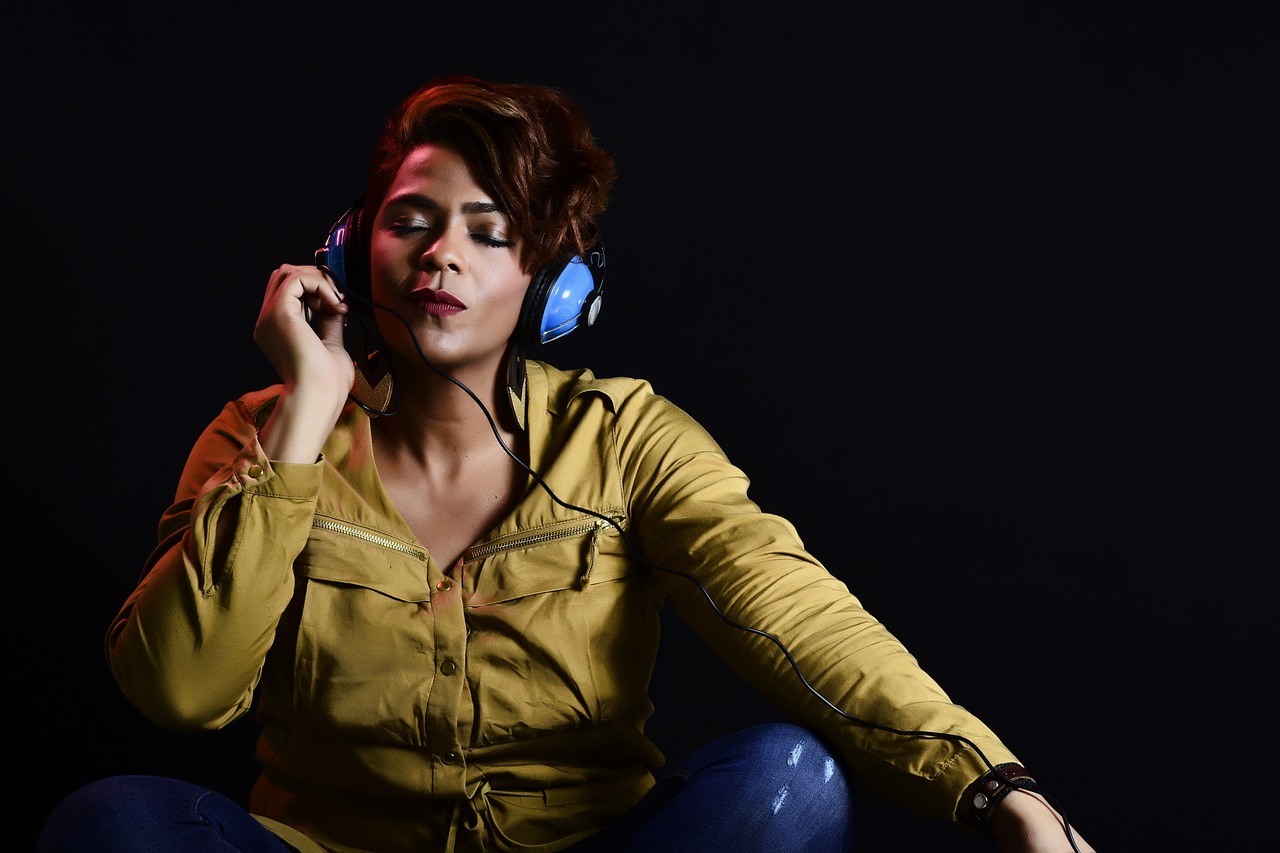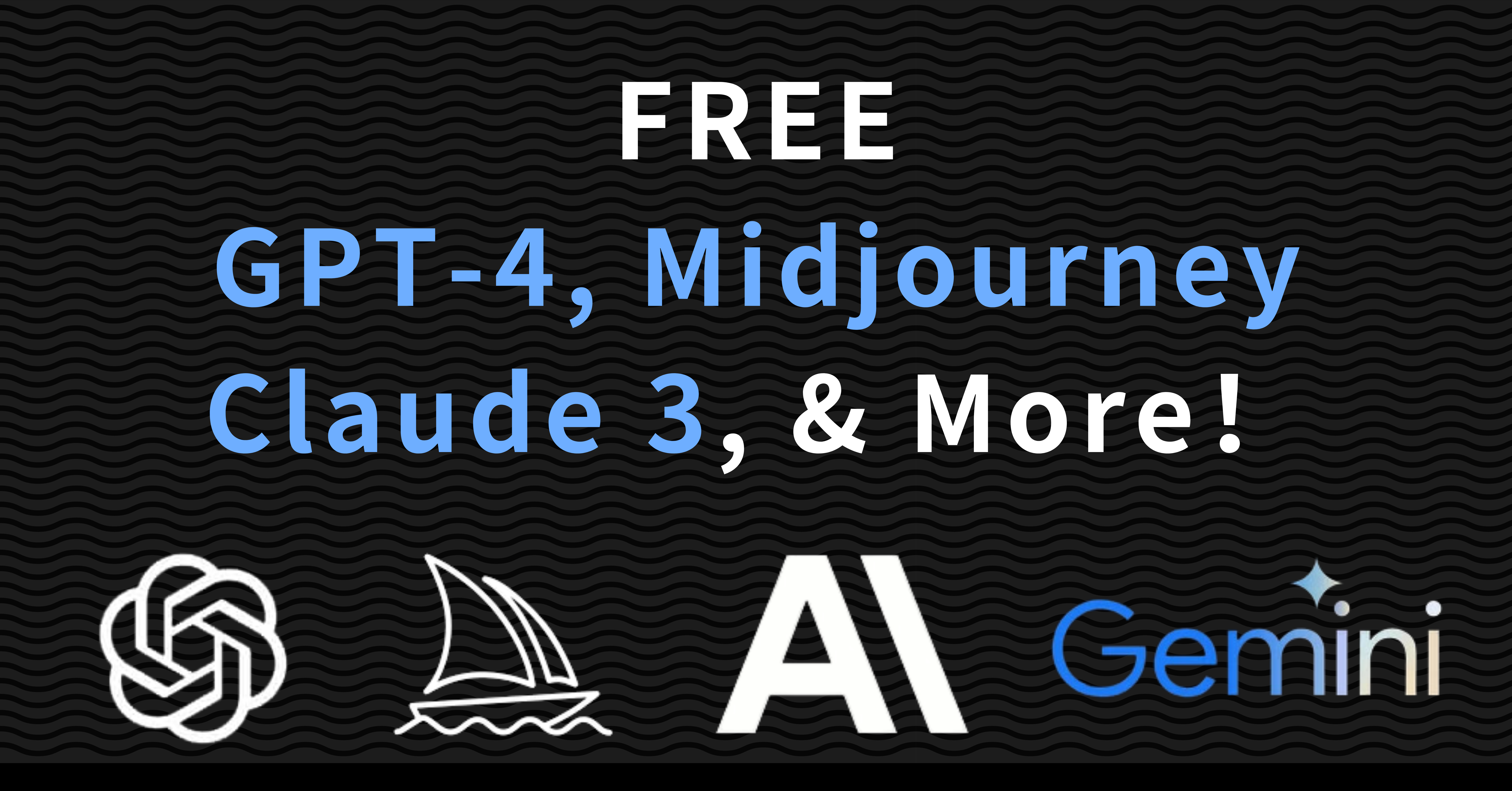Harmonizing Technology and Creativity: The Rise of AI Music Generators

Exploring the Convergence of AI and Music
The fusion of technology and music has opened new horizons for creators, musicians, and enthusiasts around the globe. Today, free AI music generators are not just tools; they represent a revolutionary shift in how music is composed, produced, and experienced. These generators use sophisticated algorithms to simulate a virtual orchestra, allowing users to create unique melodies and orchestrate complex musical arrangements with the click of a button. This exploration into the innovative world of AI-generated music demonstrates the unlimited potential of combining artificial intelligence with human creativity.

Pay-as-You-Go:
Top Up from Just $1 Balance Never Expires
All-in-One: Access All Models in One Place
AI Total Data Privacy
Unlimited Usage Limitation
Accepts Fiat and Crypto Payments
Harnessing the Power of AI Music Generators
One of the standout platforms in this domain is GlobalGPT, which not only offers text-based AI capabilities but has extended its technology to support the creation of AI-generated music. This application allows users to input lyrical and style preferences, which the AI then uses to compose and arrange music that reflects the user's taste and emotional intent.
Other free AI music generators like Amper Music, AIVA, and Melodrive have also made significant strides. Each offers a unique set of features geared toward democratizing music production:
Amper Music focuses on enabling users to create music from scratch using AI without the need for extensive musical training. Users can customize tracks based on genre, mood, and instrumentation.
AIVA is known for its prowess in classical and cinematic music compositions, often used by filmmakers and game designers looking for original soundtracks.
Melodrive is an AI engine designed for interactive experiences, making it ideal for video game developers and VR/AR applications, where dynamic music can enhance user engagement.
The Impact of AI on Music Composition
The implications of AI in music are profound, impacting everything from production to copyright laws. AI music generators can provide artists with a starting point for their compositions, offer non-musicians the ability to express themselves musically, and even challenge the traditional roles of composers and producers. Moreover, the accessibility of such technology enables a wider audience to engage with music creation, potentially leading to a new wave of musical innovation and a broader appreciation of music across various genres and cultures.
Future Tunes: The Evolution of Music Through AI
As AI technology continues to evolve, so too will its applications in music. Future developments may include more personalized music experiences, where AI can adapt and create music in real-time based on listener reactions or environmental inputs. The potential for AI to learn and predict user preferences could also lead to more sophisticated compositions that could be indistinguishable from those created by human composers.
The Resonance of Innovation: Embracing AI-Driven Music
In the digital age, the harmony between AI and music composition is not just an experiment; it is a burgeoning field that promises to reshape the music industry. By empowering more people to create and innovate, AI music generators are playing a crucial role in defining the future soundscape of our world.
See Also
Free Mastery of Claude 3 Opus: An In-Depth Manual
Free Access to GPT-4: A Detailed Tutorial
AI Empowerment: Unleashing the Potential of ChatGPT
